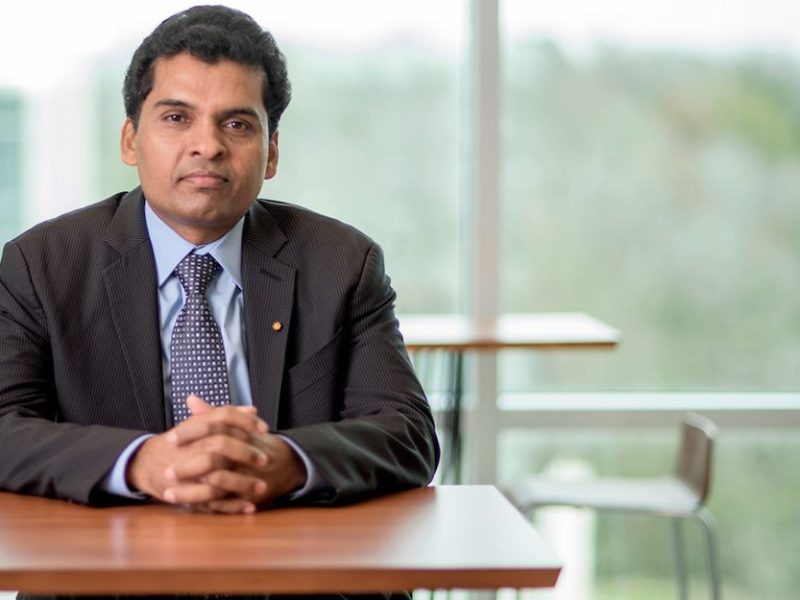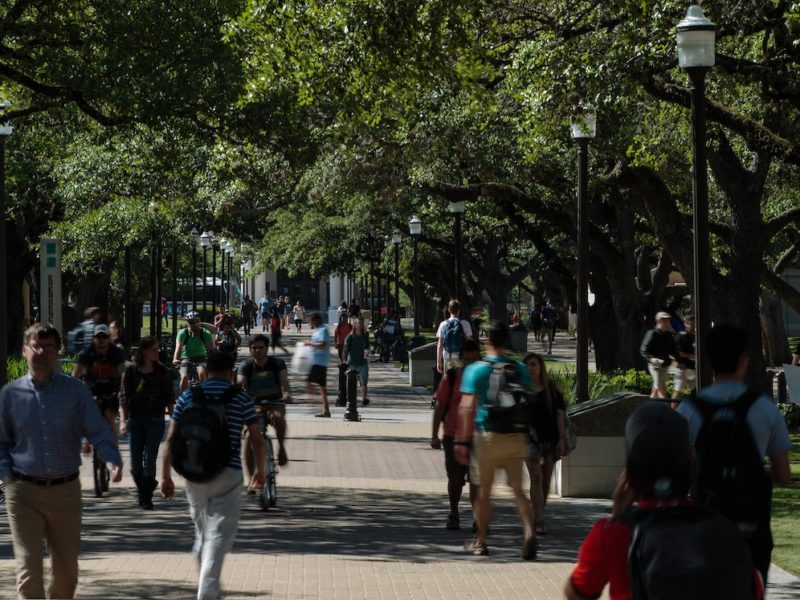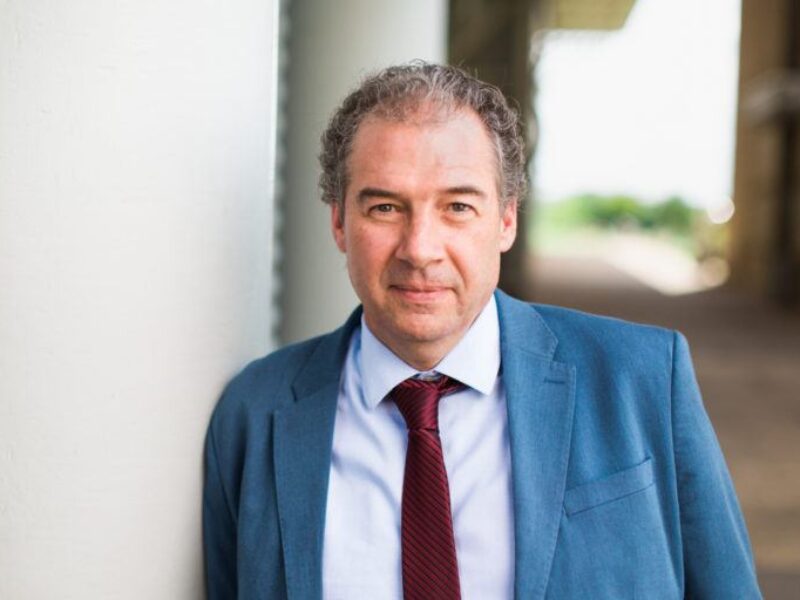Texas A&M System And UT’s MD Anderson Cancer Center Announce Partnership
 Governor Rick Perry, Texas A&M University System Chancellor Michael D. McKinney, M.D., and University of Texas System Chancellor Francisco G. Cigarroa, M.D., announced Wednesday a major cancer research initiative between the institutions. The new collaboration will combine the resources of the A&M System’s National Center for Therapeutic Manufacturing and UT’s MD Anderson Cancer Center to develop new cancer-fighting drugs and accelerate the process of getting new cancer treatments to patients.
Governor Rick Perry, Texas A&M University System Chancellor Michael D. McKinney, M.D., and University of Texas System Chancellor Francisco G. Cigarroa, M.D., announced Wednesday a major cancer research initiative between the institutions. The new collaboration will combine the resources of the A&M System’s National Center for Therapeutic Manufacturing and UT’s MD Anderson Cancer Center to develop new cancer-fighting drugs and accelerate the process of getting new cancer treatments to patients.
The NCTM is the state of Texas’ core biological pharmaceutical manufacturing, research and education facility, now in construction on the Texas A&M University campus. Once complete, researchers from both university systems will utilize the NCTM’s first-in-class resources to produce vaccines and therapies for clinical use in the fight against cancer.
“The war against cancer is one of the defining conflicts of our time, and I’m proud to stand with these dedicated professionals as they combine forces to open a new front in that war,” said Perry. “The combined efforts of these two technology super-powers bode well for the future of medicine in Texas, and offer a new message of hope to those whose lives have been touched by cancer.”
Through this agreement, MD Anderson will become a long-term partner and collaborator of the NCTM, increasing the ability of researchers from its laboratories to quickly provide important new cancer vaccines and treatments, including vaccines targeted to specific individuals. MD Anderson’s leadership will be integrally involved in the NCTM’s design, including the development of a cancer research core made possible by the state-of-the-art therapeutics capabilities of the site’s modular clean room “pods.” MD Anderson also will be a vital member of the NCTM’s scientific board, and the two institutions will collaborate on future grant and funding initiatives to advance cancer research.
“This partnership exemplifies the clear commitment of both systems to utilizing our research and educational resources to the fullest in service to our global community,” said McKinney. “MD Anderson and the NCTM are and will be the standard-setters in their research areas. Combining the capabilities of these two institutions will radically advance the search for a cancer solution in this generation.”
“This is a wonderful day for Texas and for global health,” said Cigarroa. “We are celebrating the collaboration of two great university systems joined in battle against one of the most feared diseases of our time. And with this connection, we mark the potential for new victories over this old enemy. We also reflect on the power of human intelligence and higher education to overcome obstacles and chart new paths for medicine and our economy.”
“The MD Anderson and NCTM collaboration, in conjunction with NCTM’s partner Institute for Innovative Therapeutics programs—the Texas A&M Institute for Preclinical Studies and Texas A&M Institute for Genomic Medicine—creates an unmatched biomedical cancer research enterprise capable of taking products from the fundamental research stage through the production process and into clinical trials,” said Dr. Brett Giroir, vice chancellor for research and executive director of the IIT, which leads the A&M System’s multiple state-of-the-art research facilities. “It will not only serve as a global hub for cancer therapeutics research, manufacturing and process optimization, but as the cornerstone for undergraduate and graduate training of the future professionals who will lead the next generation of biotechnology research.”
“Scientific advances have put more effective, highly tailored therapies in reach for our cancer patients, said Raymond DuBois, M.D., Ph.D., provost and executive vice president at MD Anderson. “But the promise of individualized treatment also comes with more complex research demands. To exploit our opportunity to vastly improve cancer treatment, we need to share our expertise through strong collaborations, such as this one between MD Anderson and the NCTM. Together, we can find new ways to efficiently and rapidly develop new therapies and get them out of the lab to our patients.”
Construction of the NCTM’s headquarters facility, funded as a core strategic program by the Texas Emerging Technology Fund, is scheduled for completion in December 2011. The Center will operate under the management of the Texas Engineering Experiment Station. MD Anderson will also hold a seat on both the NCTM and IIT Advisory Boards.





